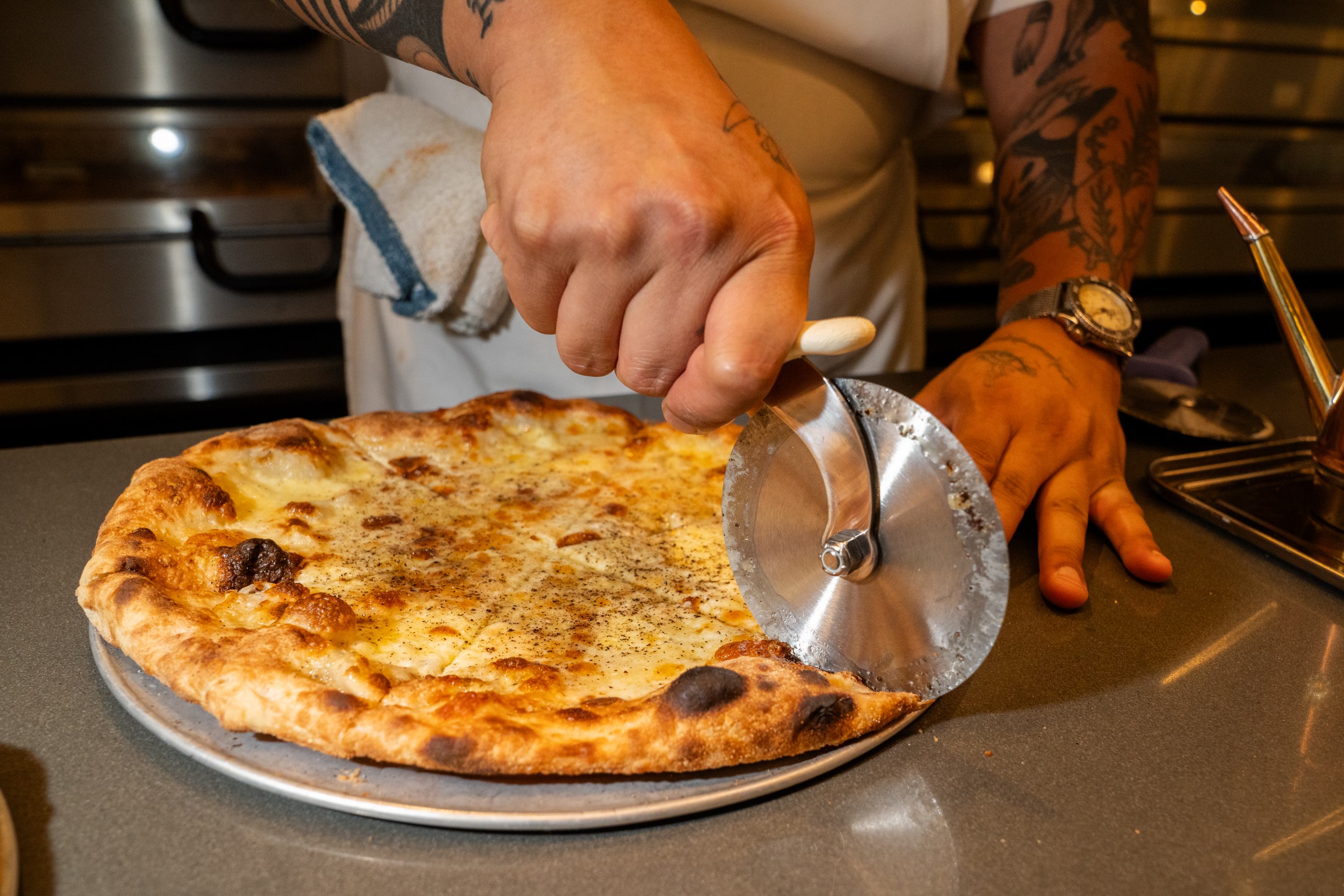This column originally ran in Wednesday’s Off Menu newsletter, where you’ll find restaurant news, gossip, tips, and hot takes every week. To sign up, visit the Standard’s newsletter page and select Off Menu.
Is the line blurring between what it is to be a restaurant chef versus a personal chef?
Last year, for a story I was writing on beef-tallow-obsessed seed-oil refusers, I interviewed Stuart Brioza, the chef and co-owner of State Bird Provisions, about his thoughts on accommodating dietary restrictions. What he said hasn’t left me: “Restaurants are struggling so much right now that they will bend over backwards for a dollar — it feels at times like we’re in servitude, not hospitality.”
This might become even more of an issue by 2026, if Senate Bill 68 passes. Introduced by state Sen. Caroline Menjivar, the law would require California restaurants to label nine allergens on their menus — everything from the expected peanuts and shellfish to more surprising ingredients like sesame. Europe has had this kind of legislation since 2014.
Of course, how one deals with a fad diet or allergens — the latter of which are reportedly increasing — is “a chef’s prerogative,” Brioza agreed. But for him personally, it’s often maddening. I could almost feel the smoke coming out of his AirPods as he described the dilemmas: “The hardest part of running a restaurant these days is how many special requests we deal with,” he said. “If it’s going to send a diner to the ER, we don’t want that — of course. But on a busy night, for my chefs, the fear of making a mistake is tough. I’ve also had customers come and say, ‘I’m on Whole30. Your chef will know what to do.’”
There is, of course, a huge difference between indulging a keto diet and potentially killing a diner. But some restaurant owners don’t necessarily make that distinction — their philosophy is that accommodating patrons’ wishes, no matter the reason, is the embodiment of hospitality.
Ryan Pollnow, chef-partner at Flour + Water, has a mother and sister with celiac disease. “I have this personal mission to make sure gluten-free options are available.” This means that his North Beach Pizza Shop went “hyper obsessive on making it truly gluten-free. We have a dedicated mixer for the dough, a dedicated oven, different to-go boxes. It’s made in the same facility as a lot of gluten, but we really try to eliminate cross-contamination as much as possible.”
Brad Levy, the owner of Noe Valley neighborhood favorite Firefly, has two celiac daughters. Though his restaurant isn’t gluten-free, it has been known to make sure people with all sorts of dietary restrictions leave happy.
“We had one diner with a kidney problem, and she couldn’t have any salt, and we call her ‘No-Salt Jess.’ For our fried chicken, we’ll go out and buy breast for people who prefer it to dark meat. We definitely say no to assholes, but to people who are nice, we’ll do anything,” said Levy.
This kind of service has cultivated Firefly faithfuls, insulating the 31-year-old restaurant from the fate of many of its long-gone peers. “There are so many restaurants that are closing right now, and while we’ve had a few slow nights, most have been unexpectedly busy.”
Paul Einbund, the owner of The Morris and the new Sirene in Oakland, likewise believes that a restaurant should cater to most every diner’s demands — especially with 24 hours’ notice. As someone who came up in the L.A. restaurant industry, Einbund had his share of catering to self-important folks. “My theory is kind of a Wolfgang Puck thing. He was famous for making omelets or whatever his diners wanted. And if I’m happy to do it — who cares? It’s my job. The day I don’t want to take care of my guests is the day I shouldn’t be in hospitality.”
Agree or agree to disagree? Let us know at offmenu@sfstandard.com.
